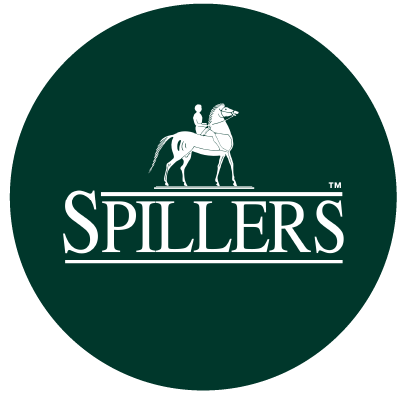Maintaining a healthy weight for your horse is crucial. Horses that are overweight are prone to various health issues including respiratory problems, arthritis, and laminitis. Similarly, underweight horses are also at risk of developing health problems such as muscle loss and low immunity. It is therefore essential to ensure that your horse maintains a healthy weight.
If you need to estimate the weight of a horse, there are a few methods you can use. One option is to use a weight tape, which measures the horse's heart girth and body length. Another option is to use a formula that considers the horse's heart girth, body length, and height. The most precise way to determine a horse's weight is by weighing them on a scale, but this may not always be feasible. Using a weight tape or formula can still be a helpful starting point.
Weight Loss
Equine weight loss can be a problem for many horses, and it can be caused by a variety of factors and the problems it can cause can vary.
- Nutritional imbalances- When a horse doesn't receive enough calories or nutrients, it will begin to lose weight. This can occur due to a low-quality diet, insufficient hay, or overindulgence of treats.
- Parasites- Horses may experience weight loss due to the presence of internal and external parasites. These parasites are capable of siphoning important nutrients from the horse's body, which can hinder their ability to maintain a healthy weight.
- Medical conditions- Weight loss can be caused by several medical conditions, including Cushing's disease, liver disease, and kidney disease. These ailments impact their metabolism and can result in difficulty absorbing essential nutrients.
- Behavioural factors- It's possible for horses to experience weight loss because of behavioural factors like stress or anxiety. This can lead to a decrease in appetite or difficulty digesting their food.
Read more: Feed and Management Tips for Cushing's in Ponies and Horses
If you are concerned that your horse is losing weight, it is important to take them to the vet to rule out any medical conditions.
Overweight horses
Overweight horses are at a higher risk of developing a number of health problems, maintaining a regular routine and ensuring you are recording their weight can significantly aid the process of weight loss.
- Laminitis- The painful and potentially fatal condition in horses is the result of the inflammation of sensitive tissues within the hoof, causing separation of the hoof wall from the underlying tissues. Overweight horses are at a higher risk due to increased foot pressure.
- Equine Metabolic Syndrome (EMS)- EMS is a collection of metabolic disorders that resemble diabetes in humans. Horses with EMS experience insulin resistance, resulting in elevated blood sugar levels. EMS can also contribute to weight gain, muscle deterioration, and various other medical issues.
- Arthritis- Horses can develop arthritis due to the deterioration of their joint cartilage, which can be exacerbated by carrying excess weight.
- Respiratory problems- Respiratory issues such as pneumonia and heaves can be caused by the added pressure that the respiratory system endures from the excess weight.
- Reproductive problems- Overweight mares may have difficulty conceiving and carrying a foal to term.
- General health problems- Horses that carry extra weight are at a higher risk of experiencing various health issues, including skin, kidney, and liver problems.
Read more: Managing your laminitic horse's diet
Feed & Management Tips
Is your horse or pony a good doer? As many of us know, obesity is a growing problem and presents a number of health risks. It’s important to work towards maintaining a body condition score of 5 on a scale of 9 unless stated otherwise by a vet. Below are some tips on how best to do this.
- Monitor your horse's body condition regularly. This will help you to keep track of gradual changes and assess whether any dietary adjustment may be necessary.
- Although ad-lib forage is ideal, it is not always practical for good-doers and some level of restriction may be necessary.
- Never starve any horse or pony, even if they are extremely overweight.
- Whilst forage alone can easily meet or exceed energy (calorie) requirements for many good-doers, it is unlikely to provide a balanced diet.
- Balancers are the ideal option for horses and ponies able to maintain weight easily on forage alone, providing a concentrated source of vitamins, minerals and quality protein alongside a negligible level of calories when fed at the recommended ration.
- Try adding low-calorie chaff/ fibres such as HAPPY HOOF to provide 'bulk' and help extend eating time.
- If your horse is already in good or overweight condition, don't be tempted to increase his feed in an attempt to improve his energy levels. Remember, energy = calories!
- Maintain a regular exercise programme where possible.
- Most importantly, be patient. It takes time for horses to lose weight. Be patient and consistent with your efforts, and you will eventually see your horse start to lose weight.
Read more: How to feed your horse according to workload










